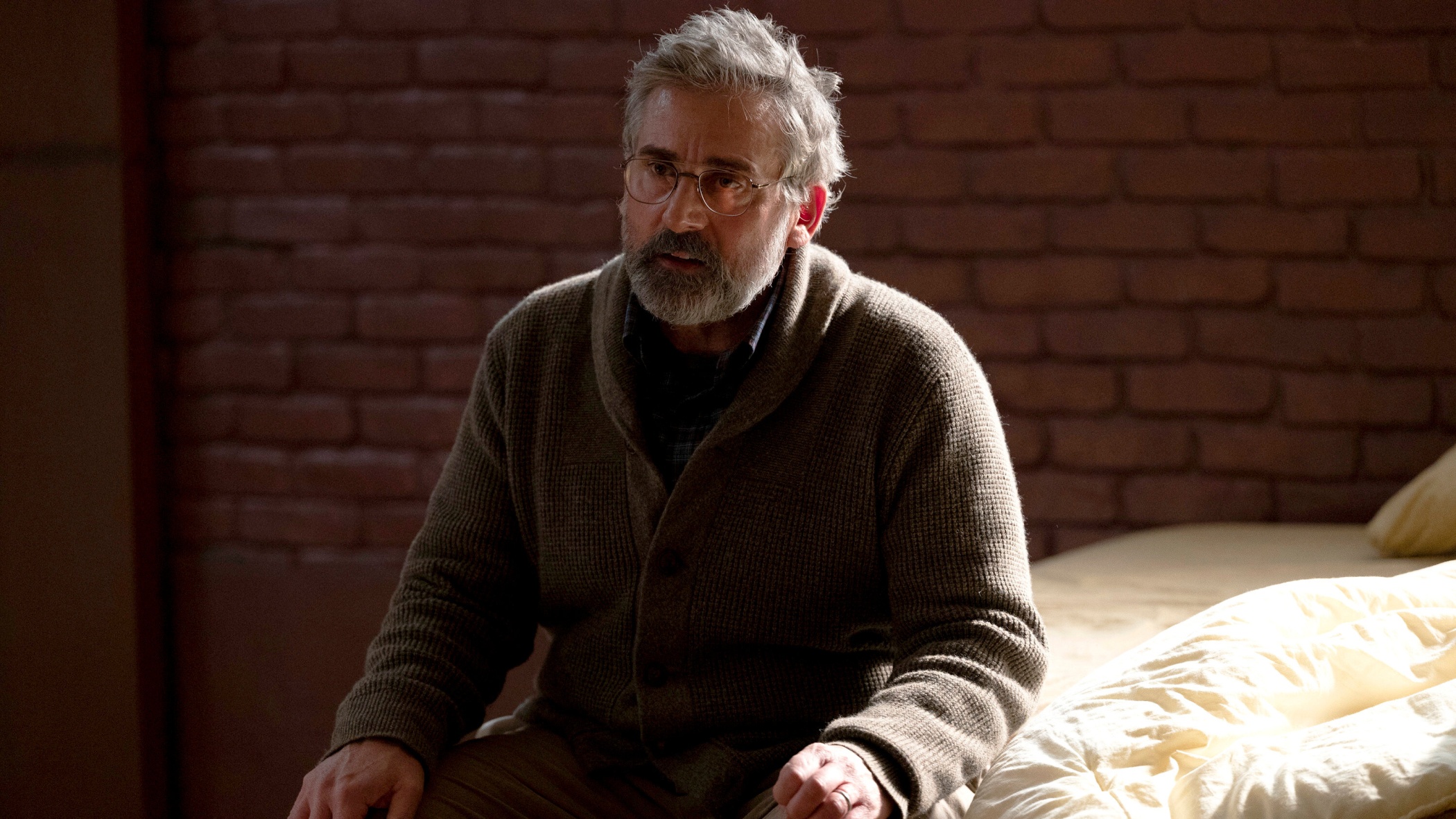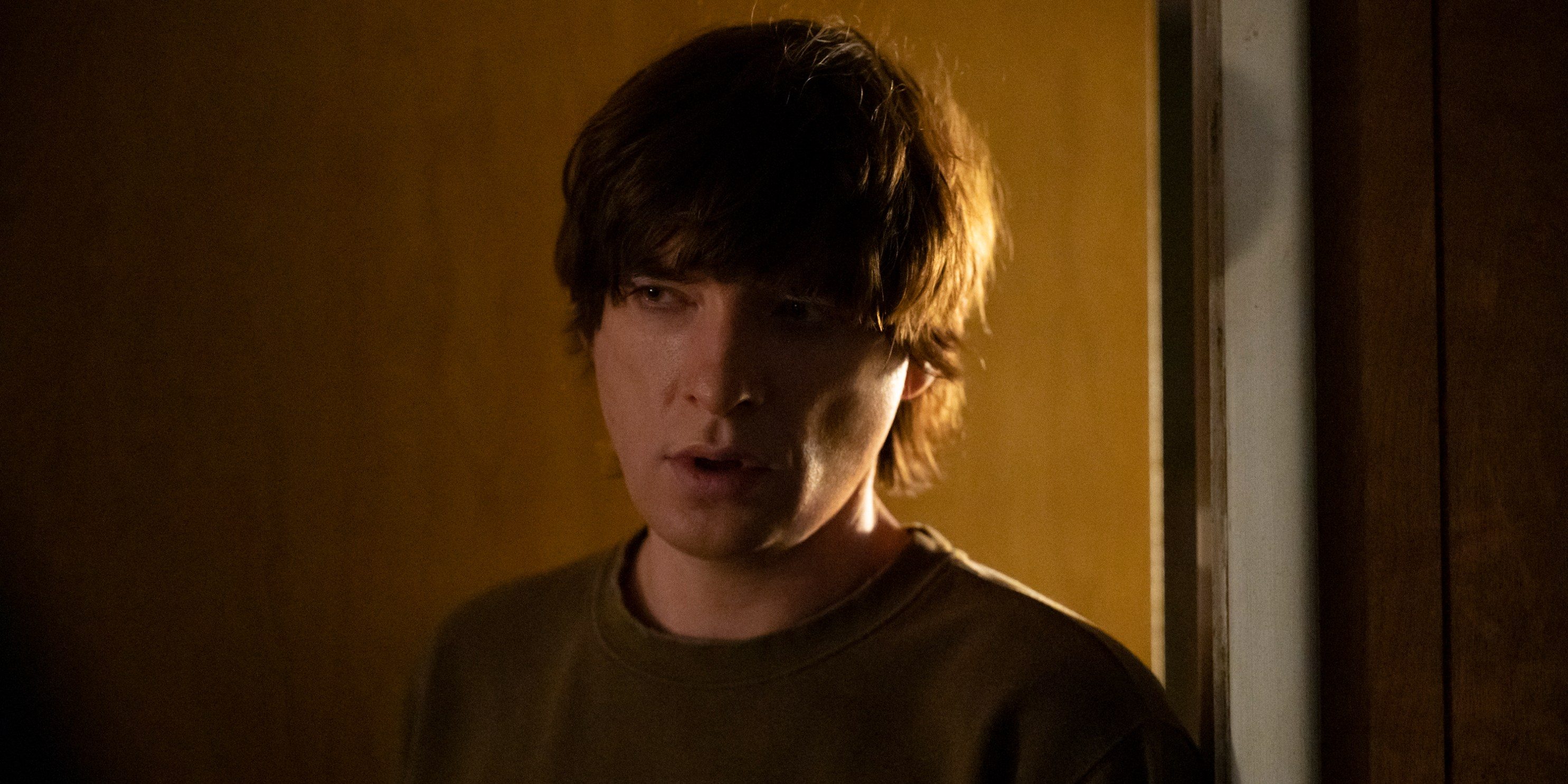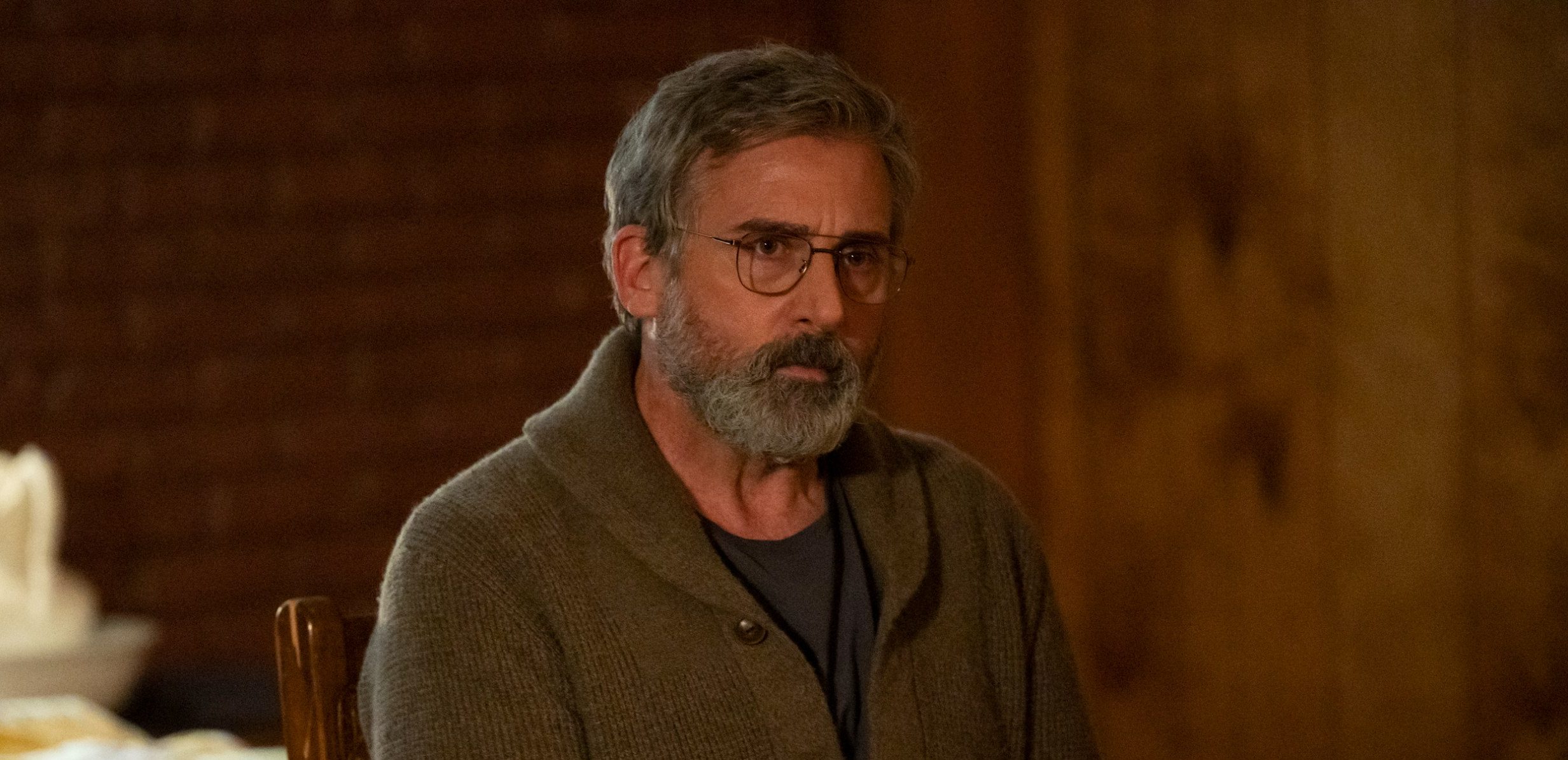The ninth episode of FX on Hulu’s thriller series ‘The Patient,’ titled ‘Auschwitz,’ follows Alan Strauss’ attempts to not get killed by Sam Fortner as the latter decides to replace him with another therapist. Alan buys a week’s time to convince Sam that he shouldn’t replace him, especially when he is making progress. Although Sam doesn’t experience any change in him, he agrees to give a week to Alan, who starts to plan to kill Sam within the week. The engrossing episode ends with pivotal decisions both Alan and Sam make individually that may rewrite their respective fates. If you wish to dive deep into the same, we have got you covered! SPOILERS AHEAD.
The Patient Episode 9 Recap
‘Auschwitz’ begins with Alan dreaming of being in a concentration camp in Auschwitz and meeting psychiatrist Viktor Frankl. He continues his imaginary therapy sessions with his therapist, Charlie Addison, who tries to decode the meaning of the dream for his patient. Alan tells Sam that he shouldn’t replace him since the lack of progress he feels is part of the relationship between a therapist and a patient. Alan asks him to continue their sessions till he meets his new therapist and Sam agrees.

Alan lets Sam know that he will change once he finds the “meaning” of his life, possibly in his relationships with others. The therapist urges him to spend some time with Mary since he is already comfortable talking with her. He also asks the serial killer whether he will be able to listen to her so that he can understand their dynamics. Sam agrees to invite Mary for brunch so that Alan can listen to their conversation. The therapist considers Mary’s visit as the perfect occasion to try to kill Sam and call for help, hoping that the serial killer’s ex-partner will call the police to rescue him.
The Patient Episode 9 Ending: Why Doesn’t Alan Kill Sam? Why Doesn’t Alan Call for Help?
When Sam finds a new therapist and lets Alan know that he needs to kill him for his own safety, the therapist realizes that he should do something soon to save his life. Under the pretense of continuing the therapy, Alan gains more time to find a way to escape from Sam’s custody. Upon convincing Sam of the need to rebuild his relationship with Mary, Alan prepares to kill the serial killer with the ointment tube with the sharp end and calls for help. However, he changes his plan when Mary comes over to her ex-partner’s house for brunch.

Alan gets worried about what would happen to Mary if he moves forward with his plan to kill Sam and call for help. A failed attempt will not only trigger Sam’s homicidal urges to kill him but also jeopardize Mary’s safety. If he fails to kill him upon giving it a shot, Sam may end up killing him and if Mary witnesses the same, the serial killer may also kill her. That’s a risk Alan fails to take. He doesn’t want an innocent person, who doesn’t even know him, to die just because he fails to kill a serial killer with an ointment tube.
If Alan calls for help and Mary becomes aware of his existence, Sam most likely will kill her to avoid getting caught. If Sam decides against killing Alan for the time being after possibly killing Mary, the therapist will need to live with the guilt of paving the way for the innocent woman’s death. He may not want to live a second with such a death on his conscience, which makes him stop seeking help or trying to kill the serial killer.
Will Sam Kill His Father? Why?
Sam has always tried to avoid talking about his father and the assaults he had to suffer from the latter in detail. It doesn’t take much time for Alan to realize that the root cause of Sam’s homicidal urges is his repressed hatred towards his father. As a child, Sam was only able to endure the hardships his father caused without the strength to react. When his father beat him up, he couldn’t do anything about it except suppress his anger toward the person who created him. Although his father’s assaults ended when he grew up, Sam’s repressed hatred and contempt toward his father didn’t evaporate from him.

Every time someone offended Sam slightly, his hatred towards his father came out of him as homicidal urges. Those occasions also triggered his memories of how his father offended him. His helplessness as a child would overpower him and to come out of such helplessness and tell himself that he is not the helpless kid anymore, Sam killed several individuals. As Alan observes, Sam killed his victims because he couldn’t materialize his wish to kill his father as a vulnerable kid. Now that he wants to stop being a murderer, Sam believes that killing his father would satisfy his homicidal urges once and for all.
But Sam killing his father can be easier said than done. As a person who cannot even muster the courage to talk about his father, Sam may find it hard to kill the latter even if he wants to. Seeing his father may trigger several memories of helplessness and vulnerability in Sam, which may make him weak enough to kill anyone. After committing two murders one after the other, Sam is clearly tired of murdering anyone again. Having said that, if he manages to muster the courage to not run away from his repressed hatred and anger, the serial killer may find a way to use the same as fuel for his homicidal urges, leading him to kill his father.
Read More: Is The Patient Based on a True Story?


You must be logged in to post a comment.